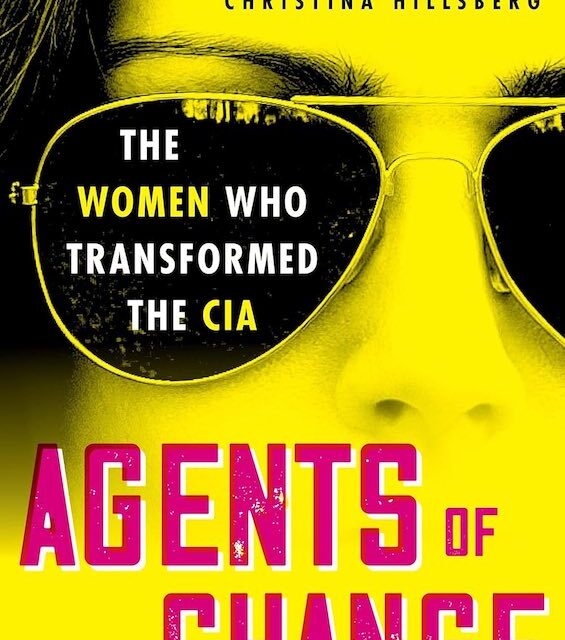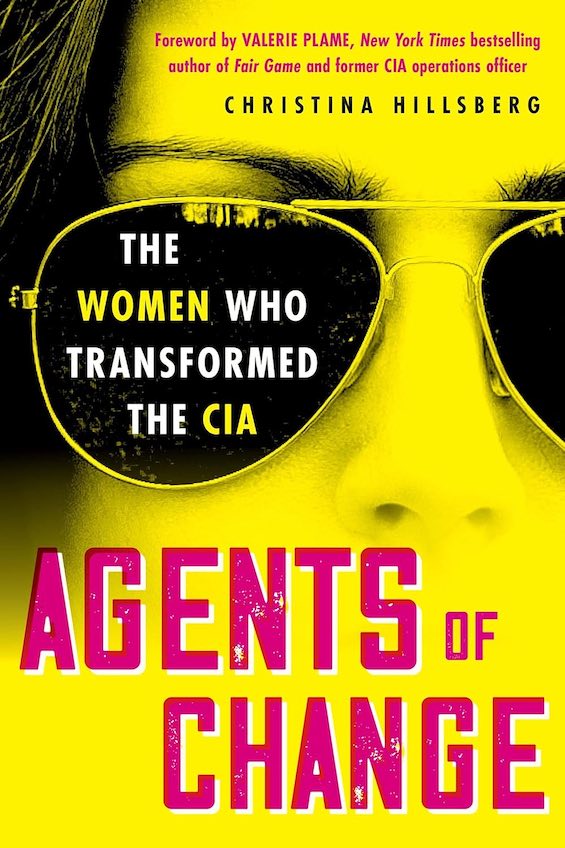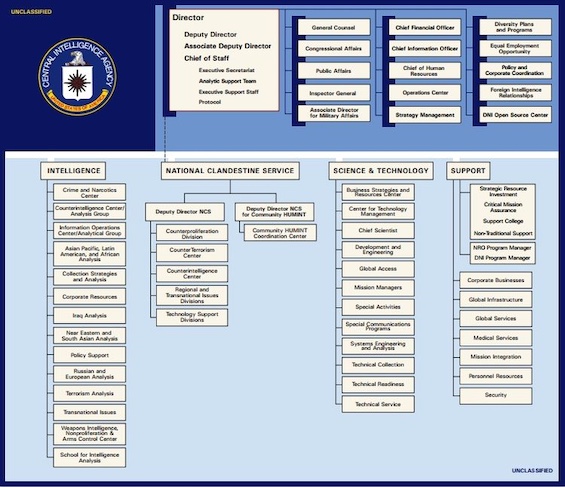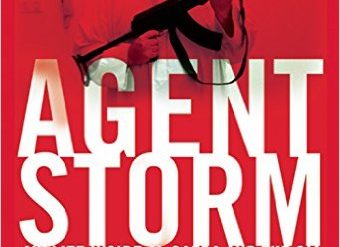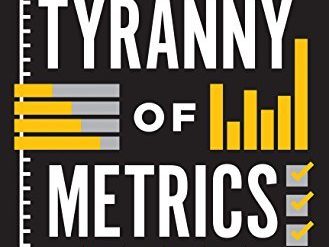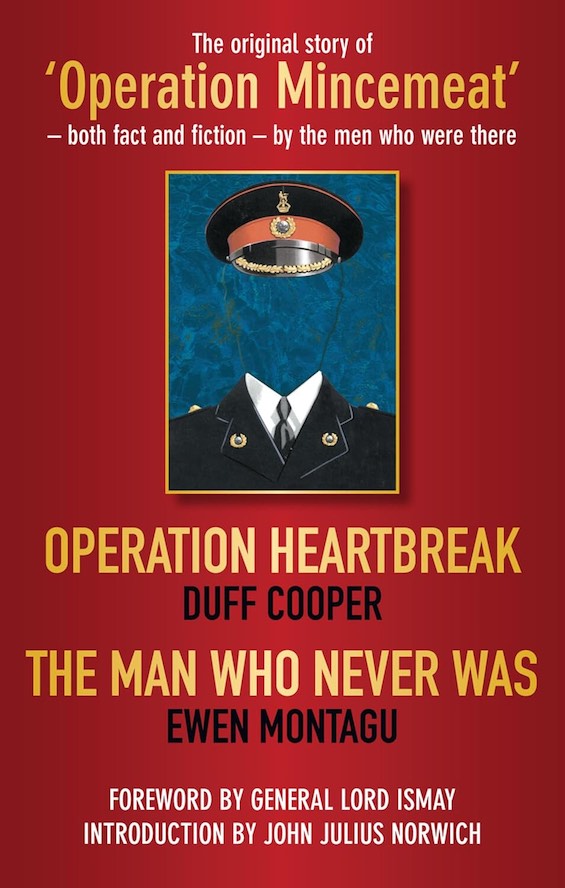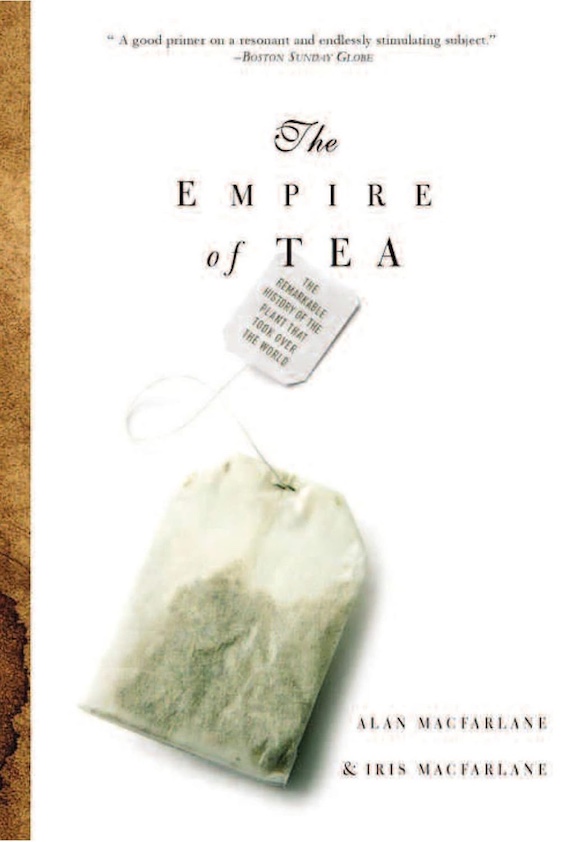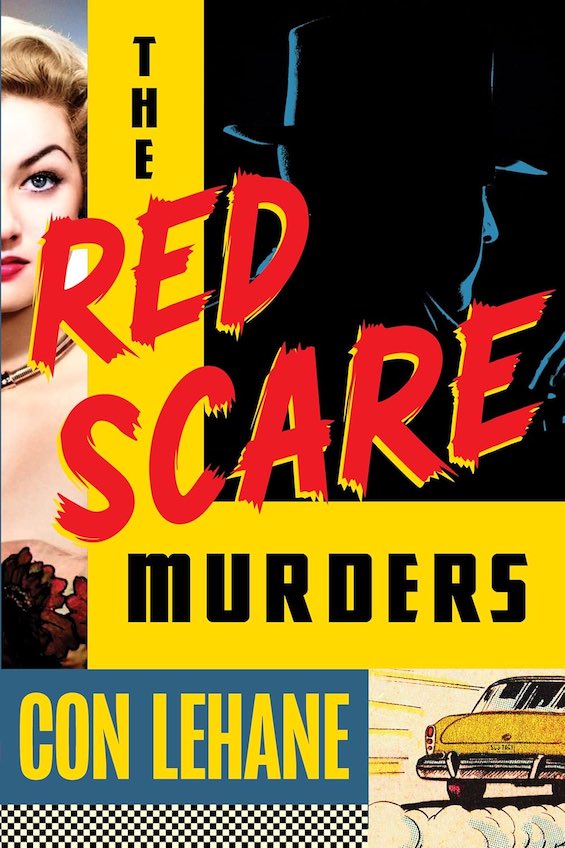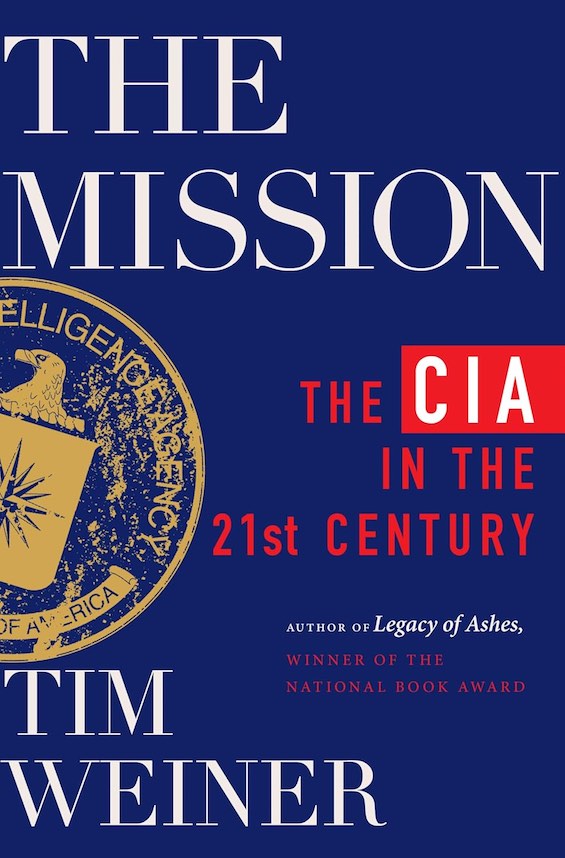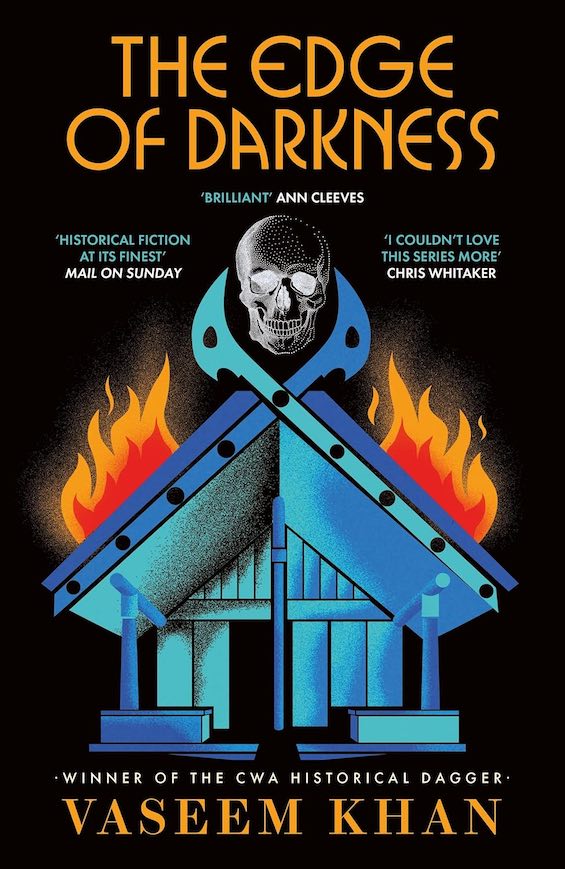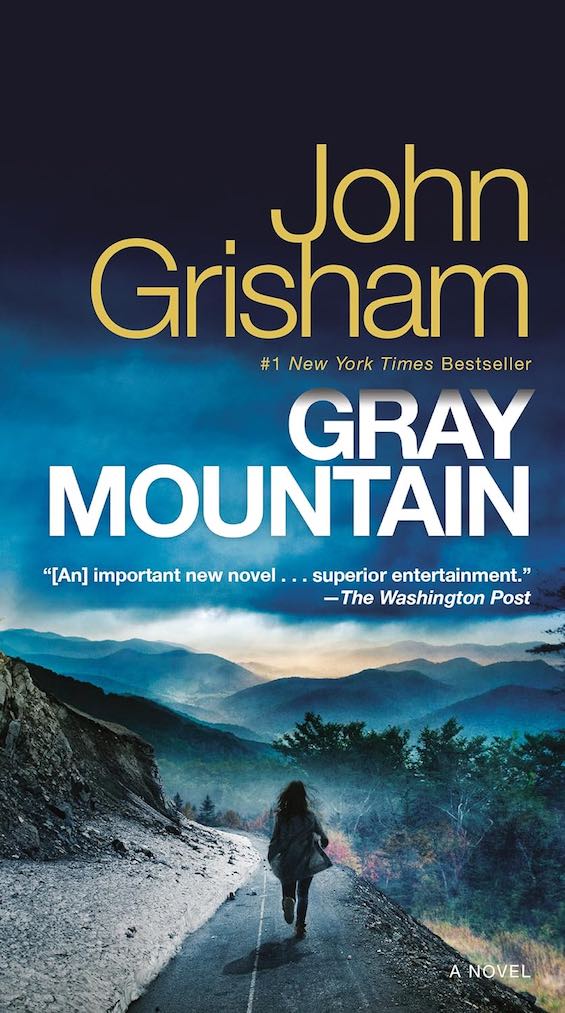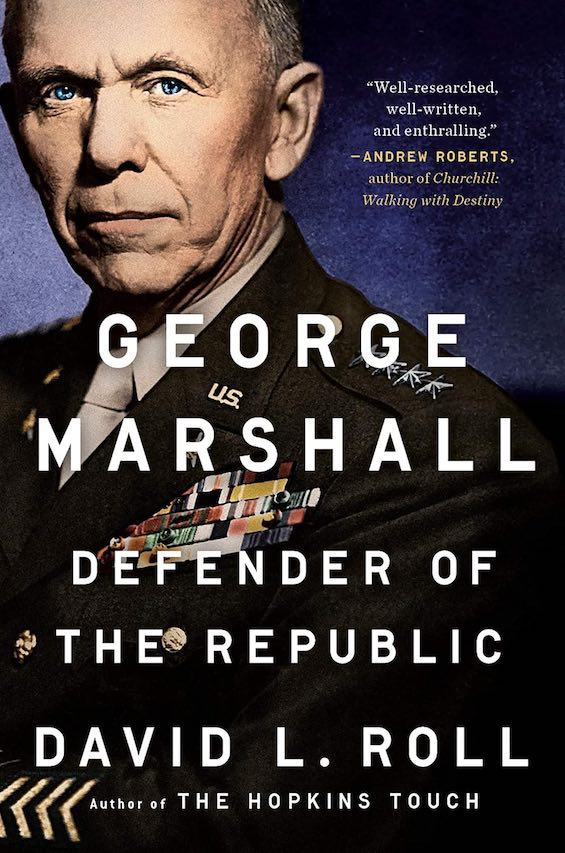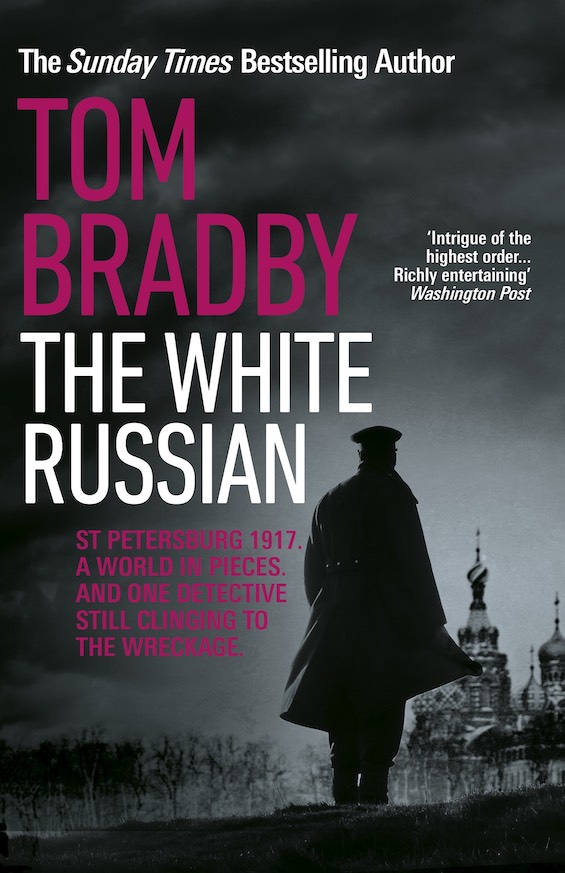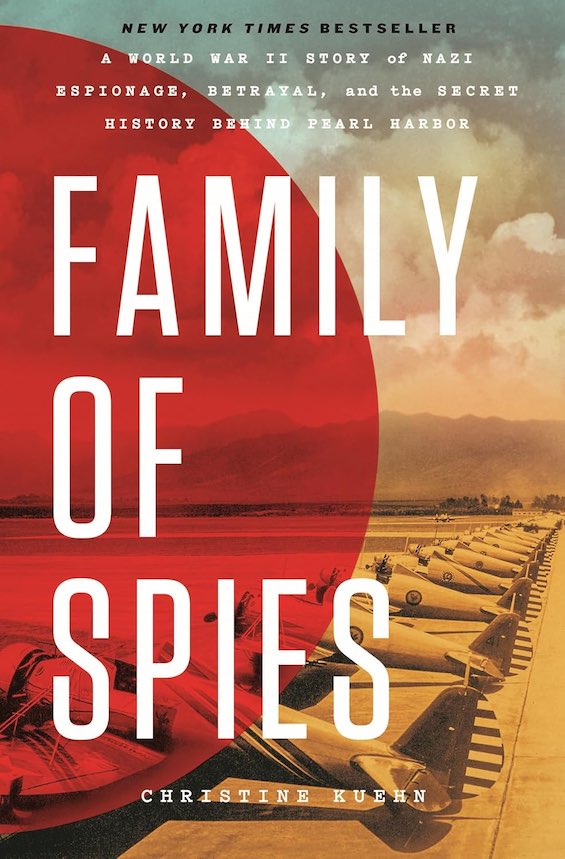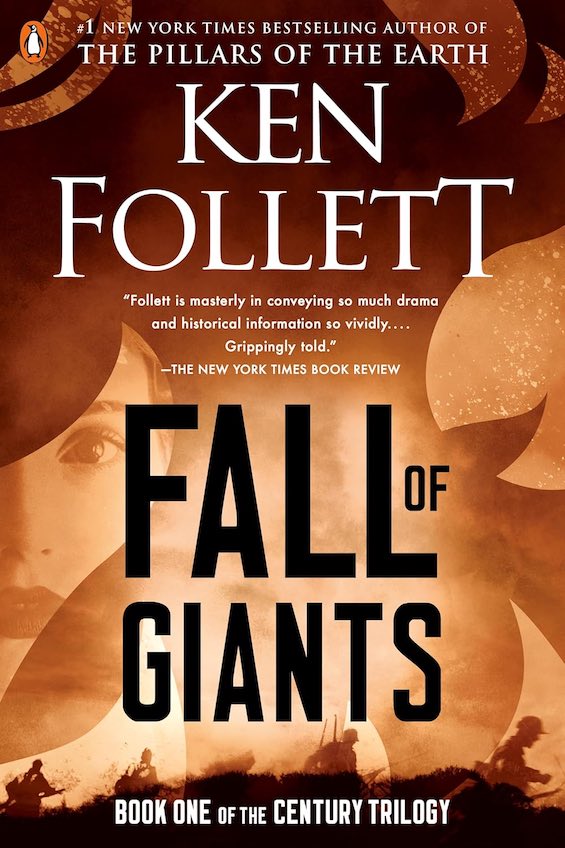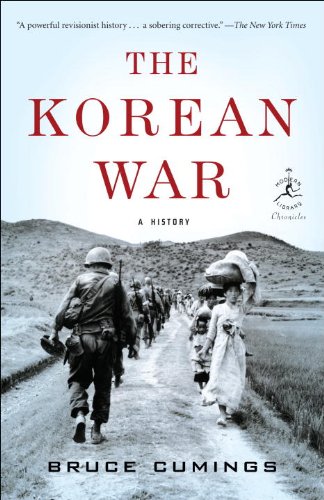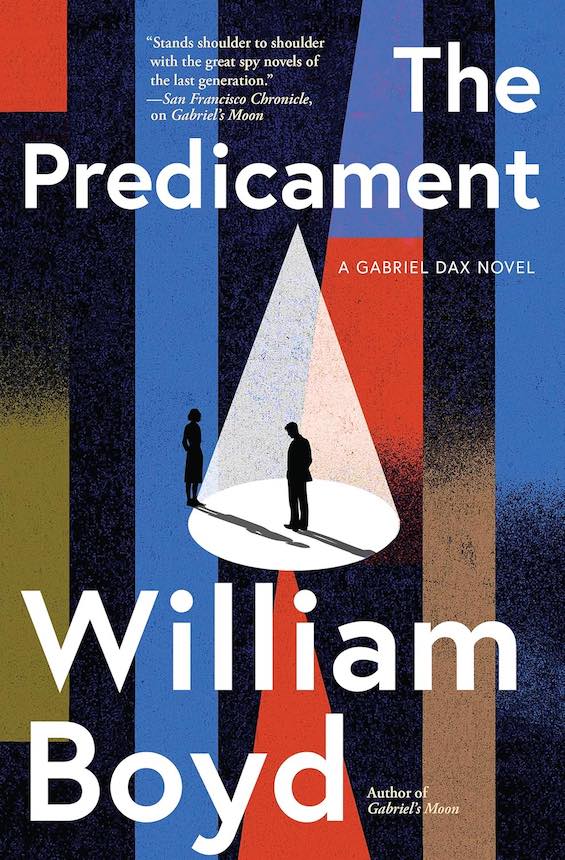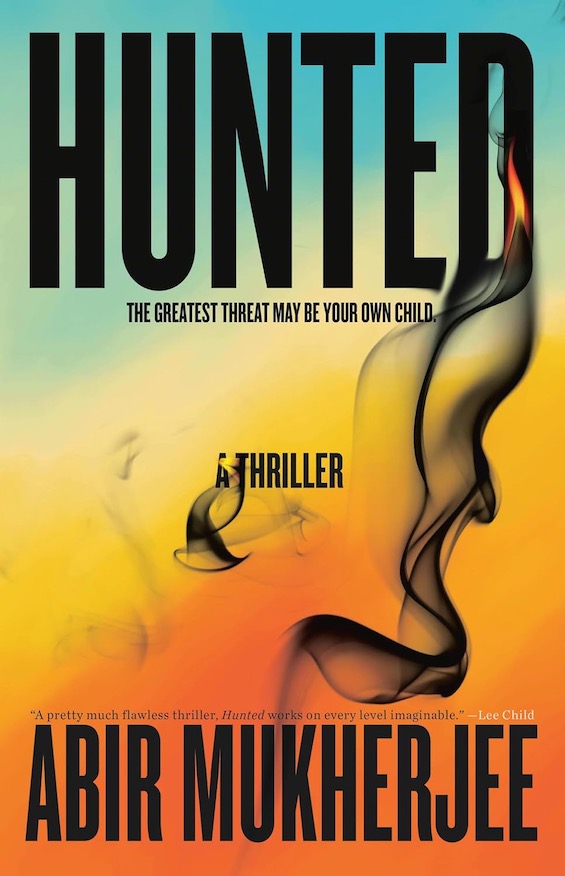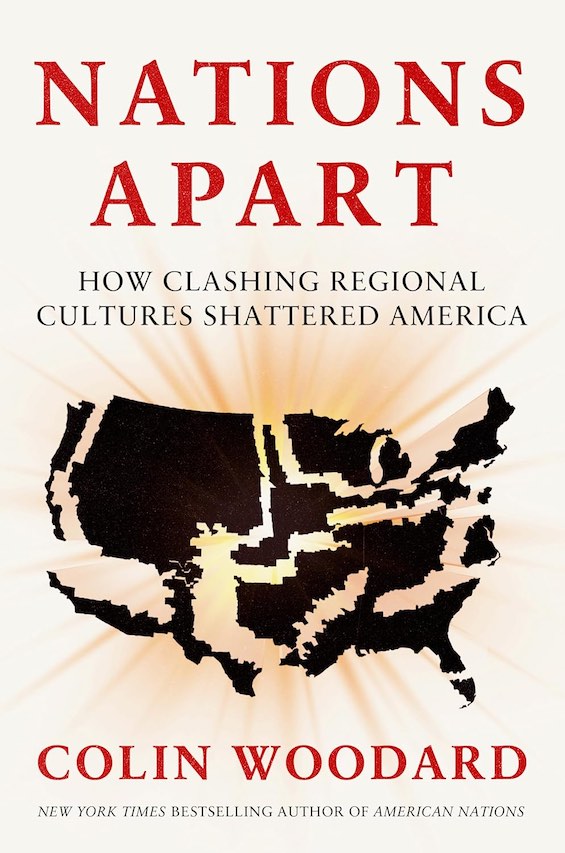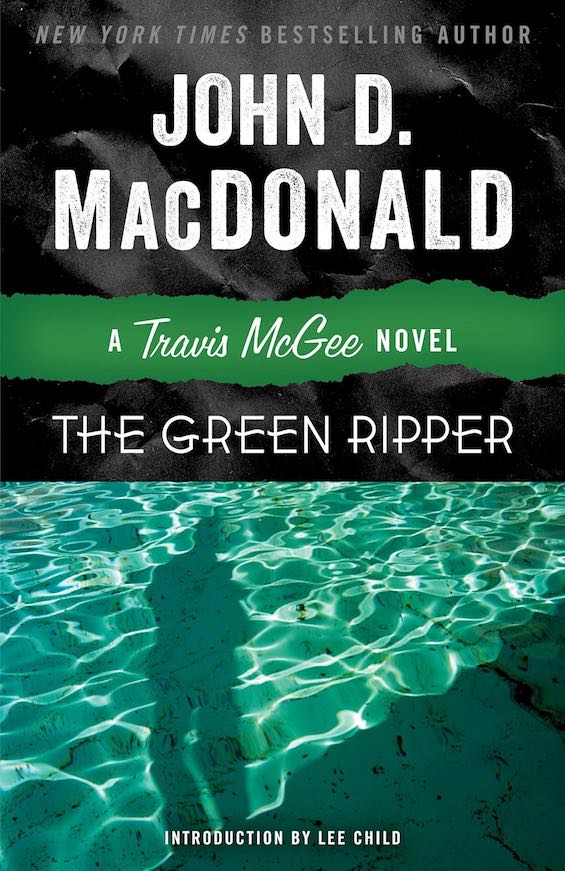Few agencies of the US Government resisted women’s liberation and the civil rights movement as long or as fiercely as the CIA. Born in the macho exploits of the OSS in World War II, an old boys’ network continued to direct the country’s premier spy service well into the 1980s. Of course, there were exceptions—a handful of women (though rarely people of color) who rose into the agency’s highest ranks. But they were circumscribed by the testosterone-drenched culture and rarely nurtured younger women as candidates for choice postings. And only when a few courageous women began to band together and speak out openly did the first real stirrings of change make a dent in the high wall of male resistance. In telling this story, intelligence veteran Christina Hillsberg taps previously silent sources and produces a damning portrait of an agency that still resists change.
Adding to our understanding of the agency’s history
Agents of Change adds an important dimension to our understanding of the CIA’s history. It may help us grasp how the agency could have blundered so badly in the 1950s and 1960s, when the cowboy mentality ran roughshod over pleas for diplomatic solutions to our foreign policy challenges. Undoubtedly, the evolving role of women in the CIA has opened the agency to new perspectives on its work. We owe Christina Hillsberg and her sources, many of them confidential, a debt of gratitude for illuminating these changes.
Agents of Change: The Women Who Transformed the CIA by Christina Hillsberg (2025) 263 pages ★★★★☆
Drawbacks of the book
Hillsberg performs a valuable service by providing a rare insider’s account of women’s struggle for equality in the CIA. However, an earlier book by the journalist Liza Mundy, The Sisterhood: The Secret History of Women at the CIA, offers a more readable and better organized look at this history. Because Agents of Change is flawed in several ways.
The author doesn’t write very well
Hillsberg is not a professional writer, and it shows. Her prose is flat and sometimes awkward.
The text is filled with acronyms
Agents of Change is filled with unfamiliar acronyms. Hillsberg usually spells them out on first usage but fails to remind the reader of their meaning even many chapters later. There is a glossary at the end of the book, but using it while reading the text requires annoying interruptions. For example, there are repeated references to one “directorate” or another in the agency. But the book lacks any perspective on how these units relate to each other or to the organization as a whole. An organization chart would have helped.
The story is rigidly structured
The book is organized into strictly chronological order, with each individual chapter devoted to a full decade (the 1950s, 60s, and so forth). While there is merit in this, it makes it difficult to track the histories of the individual women whose experiences serve as Hillsberg’s case studies. If my memory were better, I might be able to recall the early experiences of the senior women profiled in the book’s closing chapters. Unfortunately, it’s not. I felt lost when I should have been cheering how far these exceptional women had come over the years.
Summary of this book by Claude-AI
I’ve learned that the artificial intelligence app Claude-AI from Anthropic can do a far better job than I can summarizing the content of any book. And I’ve almost never found any errors in the summaries it produces. Here, then, I’m reproducing verbatim Claude’s response to my request for a 500-word summary of this book. I’ve made just two changes: deleting the intrusive URLs to its sources (which are reviews and promotional material) and adding subheads to make the text more readable.
Agents of Change: The Women Who Transformed the CIA is a USA Today bestseller that explores the pioneering women who reshaped international espionage from the 1960s to the present day. Written by Christina Hillsberg, a former CIA intelligence officer, the book features a foreword by Valerie Plame, the famous CIA operations officer and author of Fair Game.
The stories of trailblazing women
After her successful CIA career in the 2000s, Hillsberg became fascinated by the stories of trailblazing women who forged paths within the Agency before her time. These women sacrificed their personal lives, risked their safety, defied expectations, and boldly navigated a male-dominated spy organization. Through exclusive interviews with current and former female CIA officers—many of whom had never spoken publicly—the book tells an enthralling and sometimes disturbing story set against the backdrop of the evolving women’s movement.
The book is structured chronologically, with each chapter examining a different decade. It begins in the 1960s, described as a “secretarial era,” when women first gained a foothold and pushed against the one-dimensional Cold War Bond Girl stereotype that dominated popular culture. Underestimated but undaunted, these women fought their way, decade by decade, through adversity to reach the top of the spy game.
Addressing the fight for gender equality and the agency’s current crisis
Hillsberg seamlessly weaves together individual stories of exceptional women, tackling not just the fight for gender equality at the CIA but also addressing the current crisis the Agency faces: the culmination of a decades-long culture of sexual harassment and assault. Each chapter illuminates women’s issues during its respective decade before bringing to life the stories of female CIA operations officers whose experiences exemplified that era.
The book pays tribute to survivors and thrivers, indispensable groundbreakers, and defiant rabble-rousers who chose to change their lives and, in doing so, changed history. During her own CIA career, Hillsberg specialized in African politics and leaders as one of the intelligence community’s few Swahili and Zulu linguists. She produced analytic assessments for senior-level policymakers including the president and his cabinet, and served in the CIA’s Directorate of Operations, clandestinely collecting intelligence from the field.
Acclaim from fellow professionals
The book has received widespread acclaim from critics and fellow intelligence professionals. Reviewers have described it as reading “like an espionage thriller,” praising how Hillsberg uses her insider knowledge to profile dozens of agents from the 1960s to the present, showing their resilience and determination while taking readers behind the scenes to explore how women’s roles in the CIA evolved decade by decade.
Agents of Change fills a critical gap in CIA history, providing an insider’s account that makes clear the Agency’s need for continued reform while celebrating the extraordinary contributions of women who transformed one of America’s most secretive and influential organizations.
About the author
Christina Hillsberg‘s bio on her author website reads in part as follows: “Christina Hillsberg is a former CIA intelligence officer and writer. While at the CIA, she wrote analytic assessments for the President, his Cabinet, and other senior-level policymakers. Christina specialized in African politics and leaders and was one of the Intelligence Community’s few Swahili and Zulu linguists. She later worked in the CIA’s Directorate of Operations, clandestinely collecting intelligence from the field. She is the recipient of multiple CIA Exceptional Performance Awards.
“After leaving the CIA, Christina worked in Information Security at Amazon, where she established the company’s first Insider Threat program, built a new global framework to analyze cyber risks, and created new processes to leverage intelligence tradecraft to analyze information security threats. In 2017, she left Amazon to care for her children, stealing away to write whenever she can.” In addition to Agents of Change, she also wrote a book about raising her five children.
For related reading
I’ve reviewed a better-written recent book on this theme. It’s The Sisterhood: The Secret History of Women at the CIA by Liza Mundy (A deep dive into the history of women at the CIA).
You’ll find this book on my post, Best books about the CIA.
Four other books may be of special interest:
- Six Car Lengths Behind an Elephant: Undercover & Overwhelmed as a CIA Wife and Mother by Lillian McCloy (Under deep cover in the CIA during the Cold War)
- Life Undercover: Coming of Age in the CIA by Amaryllis Fox (Life undercover in the CIA chasing suitcase nukes)
- The Secrets We Kept by Lara Prescott (Doctor Zhivago and the women in the CIA typing pool)
- Red Widow by Alma Katsu (A poisoned CIA asset, and a hunt for a CIA mole)
You’ll find other books on related subjects at:
- Female spies and saboteurs in World War II
- 30 good nonfiction books about espionage
- Top 20 popular books for understanding American history
And you can always find the most popular of my 2,300 reviews, and the most recent ones, on the Home Page.

